Taking a functioning water heater for granted is easy until it malfunctions. Knowing the warning signs of a faulty water heater can help you save money and keep your family comfortable.
If your hot water runs out quickly or turns ice cold, it could be due to a tripped breaker or sediment buildup. Recognizing these warning signs and getting your water heater repaired early can prevent costly repairs in the future.
Irregular Temperatures
If your showers suddenly become lukewarm or cold, it’s time to call a water heater repair Duluth, MN, professional. Irregular temperatures indicate your water heater is not working efficiently, which can lead to expensive and time-consuming repairs down the road.
When sediment builds up in your water heater, it erodes the heating mechanisms and causes them to fail. If you notice this problem, it is best to have your water heater flushed before it reaches the point of full failure. A foul odor from your hot water indicates bacteria has built up in the tank. This could indicate a faulty seal or rusty metal components, and it should be addressed as soon as possible to avoid costly damage. A professional can flush the tank and restore your hot water to normal.
Unusual Noises
In a house full of loud equipment, it isn’t uncommon for homeowners to hear sounds that aren’t normal from their appliances. If you notice strange noises coming from your water heater, don’t ignore them. It could be a sign of serious damage and other problems that can cost you money in the long run.
Hissing and crackling sounds often indicate sediment buildup in the tank. This can be easily solved with a professional water heater flush and drain.
If you hear whistling or screeching sounds, this is usually a sign of a problem with the temperature and pressure relief valve. The valve allows water to escape in case of a leak or overpressure. If it still needs to be fixed in time, you can end up with gallons of water leaking all over the floor.
Leaking Water
Leaking water indicates that your water heater must be repaired or replaced. It’s important to note where the leak comes from and what damage it’s causing.
Leaks near your water heater often signal a problem with your temperature control or heating element, or it could be the pressure relief valve. However, a puddle of water can also be caused by harmless condensation or corrosion around the heater’s exterior.
If you notice a puddle of water near your heater, it’s essential to turn off the gas or electricity (if applicable) to avoid an electrical shock or a fire. Then, visually inspect the drain valve and call a professional for repairs if it’s damaged or loose. They’ll replace the drain valve to prevent further leaking.
Less Hot Water
We tend to think about our water heater when it starts giving us problems. When you are suddenly running out of hot water or experiencing fluctuating temperatures, it is time to call in a professional.
If you’re getting lukewarm water, this could indicate a problem with your tank’s upper or lower heating element. You can solve this by draining the tank and cleaning out sediment.
If your water tastes metallic, you likely have rust corrosion in your pipes somewhere. This indicates that it is time to replace your water heater, as this type of damage can lead to leaks and expensive repairs in the future.
Corrosion
Corrosion is the electrochemical oxidation of metals. It usually produces oxide(s) or salt(s) of the original metal and gives a distinctive orange coloration.
If you see rust in your hot water, the sacrificial anode rod inside your tank has rusted and is no longer protecting the tank. This is a clear sign that your tank is getting close to the end of its expected lifespan and will soon need replacing.
Also, suppose you notice red or orange discoloration in your hot water. In that case, this is another sign of a failing tank and is a very dangerous issue that needs to be addressed immediately. A professional must inspect the situation and determine if your water heater requires replacement. This will depend on the extent of the damage.

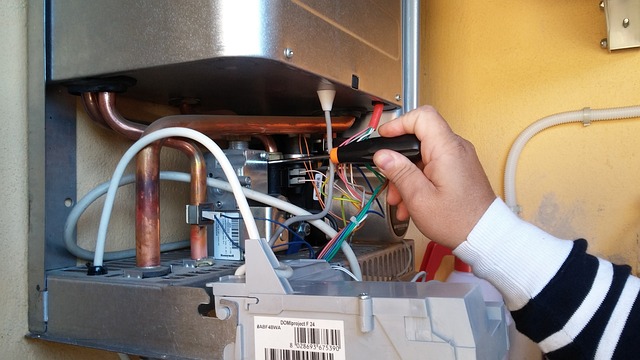




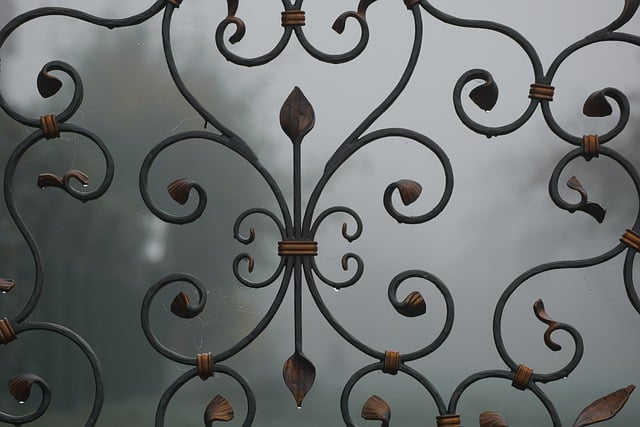

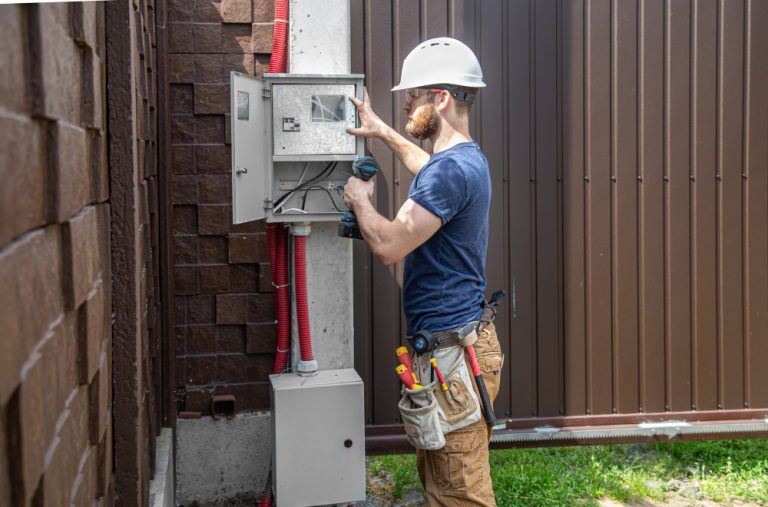
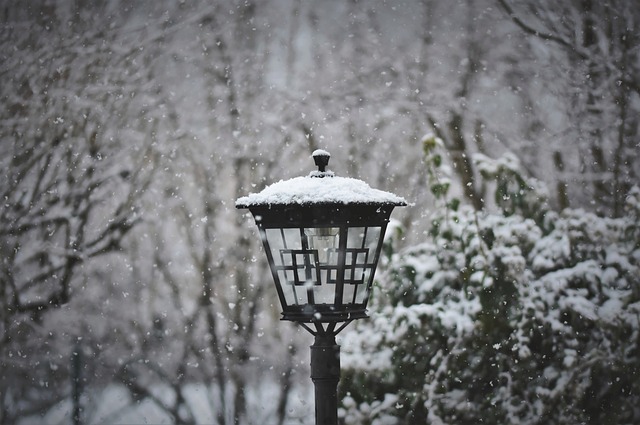


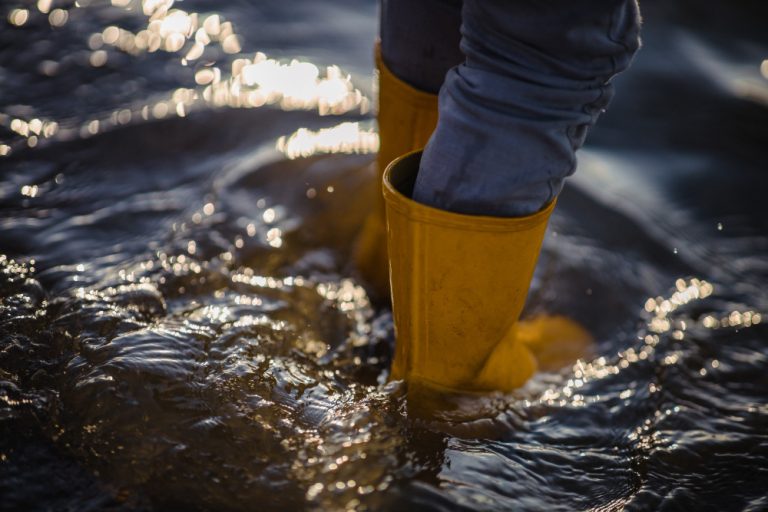



+ There are no comments
Add yours